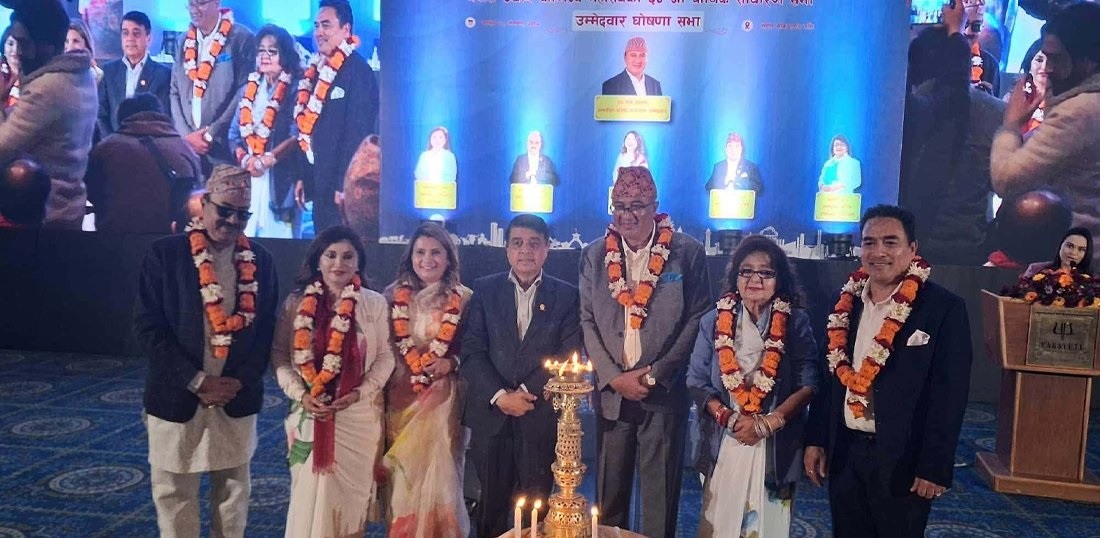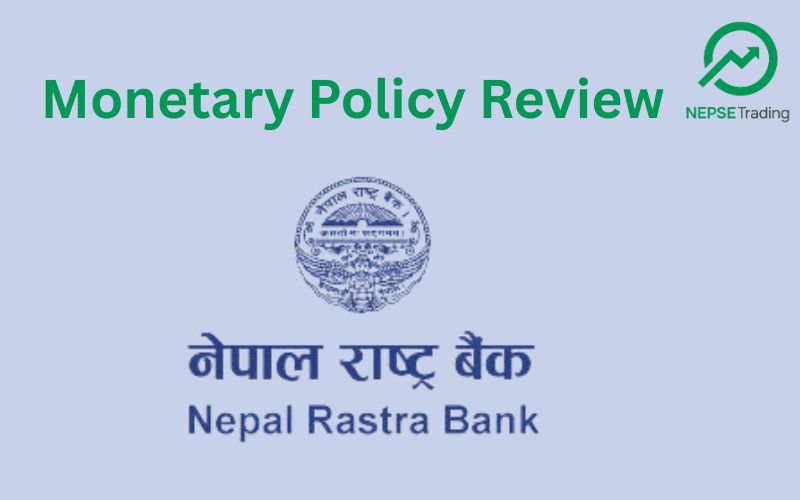By Dipesh Ghimire
Nepal’s Deepening Corruption Crisis: How a Democratic Dream Became a Governance Nightmare

Is Nepal Losing the War Against Corruption?
Nepal’s corruption crisis is no longer a whispered concern—it's a national emergency. From local governments to the federal cabinet, irregularities have become the norm, not the exception. Once hailed as a rising democratic republic, Nepal is now facing public outrage, international criticism, and a crumbling reputation due to unchecked abuse of power.
With 761 layers of government functioning from the center to the grassroots, one might expect robust governance. Instead, what Nepal has is a nationwide network of inefficiency and mismanagement. According to recent operations by the Commission for the Investigation of Abuse of Authority (CIAA), no tier of government is clean. Corruption runs deep—from mayors to ministers, from contractors to clerks.
Tribhuvan International Airport (TIA), the country’s only international gateway, has turned into a hub of gold smuggling, human trafficking, and fake visa rackets. The Immigration Office under the Ministry of Home Affairs has come under fire, with high-ranking officials being investigated for direct involvement in trafficking operations.
The airport houses not just immigration officers but also customs officials, police units, and intelligence officers. The fact that multiple departments failed to detect—or possibly helped cover up—these crimes raises serious concerns about institutional rot.
Nepal’s post-republic leaders—many of whom were once jailed freedom fighters—now live in luxury, far removed from the everyday struggles of their citizens. Instead of working for the people, they are often seen engaging with corrupt brokers, businessmen, and lobbyists.
International parallels are striking. South Africa’s Jacob Zuma and Malaysia’s Najib Razak, once hailed as heroes, both ended up in jail for massive corruption scandals. Could Nepal’s leaders be heading down the same path?
The 2024 Corruption Perceptions Index by Transparency International ranks Nepal at 107 out of 180 countries. Nepal is currently listed on the FATF grey list, highlighting its failure to prevent illegal financial flows and money laundering. This downgrade hurts not only foreign investment and tourism but also national pride.
Bhutan, the cleanest South Asian country, offers a model of disciplined, values-driven governance. Similarly, Uruguay’s former President José Mujica is remembered worldwide for donating 90% of his salary and living in a modest house during his presidency.
Nepalese leaders, in contrast, build mansions, drive luxury vehicles, and treat laws like suggestions—not obligations. This disconnect has widened the gap between the governed and the governors.
The constitution of Nepal enshrines the rule of law. But today, ministers and cabinet decisions often bypass legal procedures using "policy-level" loopholes. This undermines the entire governance structure and encourages further abuse.
To restore public trust, Nepal must investigate and prosecute every corrupt official—no matter how high their position. This is not political revenge; it’s constitutional responsibility.
Nepal stands at a dangerous crossroads. The dream of a democratic, inclusive, and transparent Nepal is being strangled by the tentacles of systemic corruption. If the current political elite cannot lead with integrity, citizens may soon reject the entire system.
To truly fix Nepal, we don’t need another speech—we need action.









